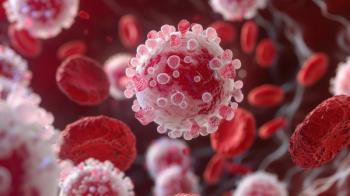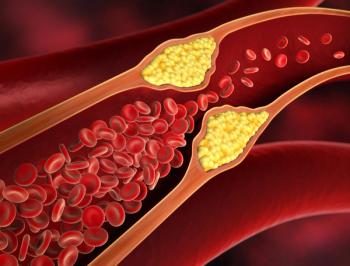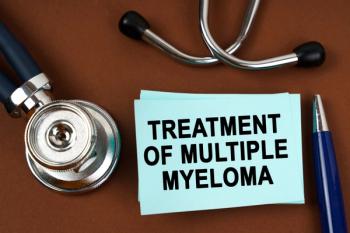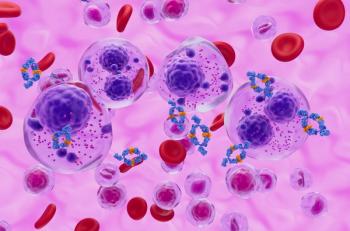
Pharmacists remain essential to ensuring patients receive safe, effective, and accessible care amid expanding therapies.

Pharmacists remain essential to ensuring patients receive safe, effective, and accessible care amid expanding therapies.

Finerenone plays an emerging role in managing complex heart failure with preserved ejection fraction (HFpEF).

Pharmacists are pivotal in optimizing GLP-1 receptor agonist therapy.

Gianni Scappaticci, PharmD, BCOP, outlines a personalized, evidence-based approach to managing steroid-refractory chronic graft-versus-host disease (cGVHD) in a post–haploidentical transplant patient, highlighting the rationale for using ruxolitinib, belumosudil, or their combination based on disease progression and fibrotic features.

Gianni Scappaticci, PharmD, BCOP, discusses key considerations in therapy selection, limitations of current treatments, and the evolving role of pharmacists in managing chronic graft-vs-host disease (cGVHD) through patient education, adherence support, and integration of emerging therapies.

Pharmacists can optimize management of this condition with intravenous iron therapy guidance.

Pharmacists also navigate the REMS program and monitor and manage adverse effect profiles associated with bispecifics.

Pharmacists also educate, advocate, and ensure patients with heart failure with reduced ejection fraction (HFrEF) and anemia are receiving the appropriate regimens.

New drugs and collaborative care may be key to overcoming trial closures, weak guidelines, and inefficiencies.

Pharmacists can improve hyperkalemia management through collaboration and innovation.

Challenges include therapy gaps, nonadherence, and fragmented care.

Managing bispecific antibodies requires collaboration and meticulous protocols.

Pharmacists bridge communication gaps and enhance shared decision-making.

A panel of experts discuss treatment of HR+, HER2– breast cancer with therapies such as ribociclib, alpelisib, everolimus, and elacestrant.

Anthony Perissinotti, PharmD, BCOP, discusses unmet needs and trends in managing chronic lymphocytic leukemia (CLL), with an emphasis on the pivotal role pharmacists play in supporting medication adherence and treatment decisions.


Dispensing, communicating, and recording information may look different at each center.

Pharmacists support treatment adherence as well as monitor adverse effects, drug-drug interactions, and quality of life.

Pharmacists play a crucial role in supporting patients with HR+/HER2– breast cancer.

Patients can face barriers to BCMA-targeted treatments.

The financial burden has increased significantly since 2015.

Pharmacologic approaches can increase the use of injectables.

New strategies can improve cholesterol management in patients with ASCVD.

When treating patients with graft-vs-host disease, pharmacists are often responsible for selecting treatment regimens while navigating other spheres of care.

Certain patients may present asymptomatically, affecting treatment options.

The pharmacist’s role may vary across different practices and institutions.

The complexity of the disease and number of treatment options can necessitate a personalized approach.

This frequency can allow for faster observation of toxicities and adherence issues.

In addition to the current principles and treatment regimens, there are upcoming data on myelofibrosis drugs that could be reported as early as 2024.

Treatment options can be limited for this patient population.